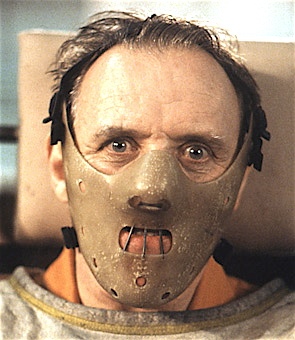Religious Doctors are less likely to serve the poor
Physicians who are more religious are less likely
to practice medicine among the underserved.

Although most religious traditions call on the faithful to serve the poor, a large cross-sectional survey of U.S. physicians found that physicians who are more religious are slightly less likely to practice medicine among the underserved than physicians with no religious affiliation.
Researchers from the University of Chicago and Yale New Haven Hospital report that 31 percent of physicians who were more religious—as measured by “intrinsic religiosity” as well as frequency of attendance at religious services—practiced among the underserved, compared to 35 percent of physicians who described their religion as atheist, agnostic or none.
Physicians have many compelling reasons to avoid spending the bulk of their time caring for the poor. It can mean forgoing professional prestige, free time and academic opportunities. It often comes with reduced salaries, decreased support staff and constant bureaucratic interference.
I doubt if any of the excuses after “reduced salaries” really counts at the country club.
Posted: Tue - July 31, 2007 at 06:18 AM